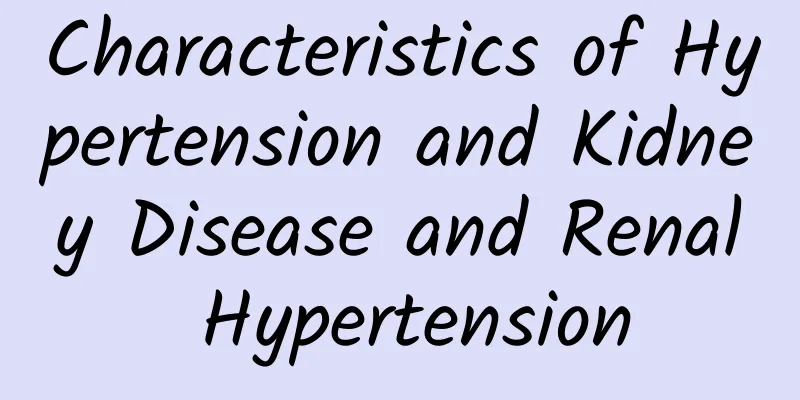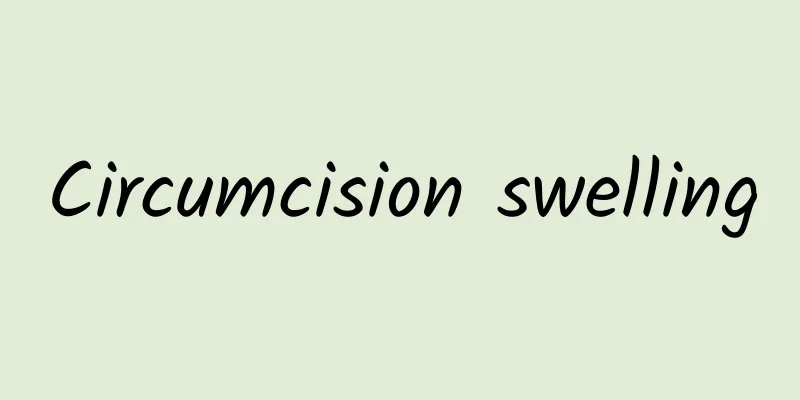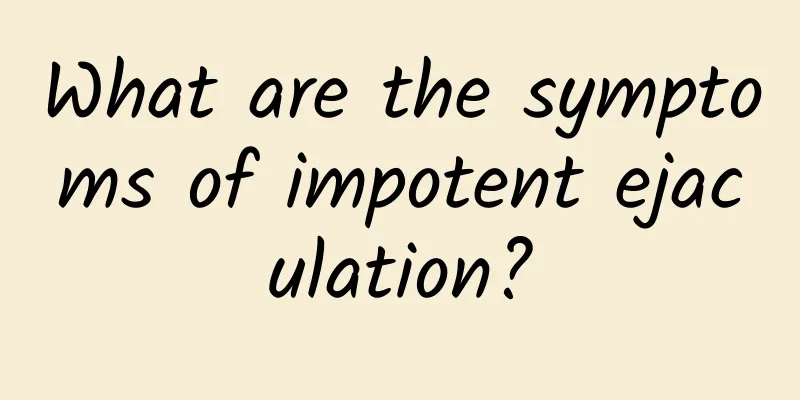Characteristics of Hypertension and Kidney Disease and Renal Hypertension

|
In life, the development of many diseases will cause complications, such as high blood pressure, which is common in life. If it is not handled properly, it will cause kidney diseases. So let us learn about it together! 1. What is hypertension? Hypertension refers to a series of symptoms caused by increased systolic or diastolic blood pressure. The occurrence of hypertension is related to the heart, kidneys, brain, and blood vessels. 2. Renal hypertension In some diseases, hypertension is only one of the clinical symptoms. The cause is clear and it is caused by other diseases. This type of hypertension is called secondary hypertension. Hypertension caused by kidney disease is the most common. Hypertension can affect the kidneys and cause changes in urine. Kidney disease can also cause increased blood pressure. This type of hypertension caused by kidney disease itself is called renal hypertension. High blood pressure is common in kidney disease. 3. Characteristics of high blood pressure caused by kidney disease Hypertension caused by kidney disease is symptomatic hypertension, meaning kidney disease occurs first and then hypertension, or abnormal urine is accompanied by symptoms of hypertension. The characteristic manifestations of hypertension are mostly sudden onset and rapid development (renovascular hypertension), and blood pressure is mostly moderately elevated (renal parenchymal hypertension). These patients have no family history of hypertension and have obvious renal function damage. Moreover, as blood pressure rises, changes in the fundus appear, and kidney lesions can be detected by X-ray and B-ultrasound examinations. Therefore, hypertension is closely related to kidney disease and can cause a series of kidney damage. 4. Characteristics of kidney diseases caused by high blood pressure Long-term hypertension can lead to kidney sclerosis, the onset and severity of which are related to the course, severity and treatment effect of hypertension. In the early stage of mild and moderate primary hypertension, there is no obvious change in kidney structure and function for a long period of time. Generally, mild to moderate renal arteriosclerosis will appear after 5 to 10 years, and then affect the renal unit. However, about 7% of patients with primary hypertension suddenly experience progressive increase in blood pressure within a short period of time and rapidly develop renal failure. Generally speaking, patients with mild to moderate hypertension suffer from mild kidney damage and rarely develop renal insufficiency. However, patients with malignant hypertension have varying degrees of kidney damage, which can rapidly develop into renal failure if not treated effectively and early. Therefore, there are many causal and joint relationships between hypertension and kidney disease. Hypertensive patients should have their kidney function checked regularly, and kidney disease patients should also pay attention to changes in blood pressure. |
<<: How to treat acute bacterial prostatitis
>>: Do men like to see women's private parts? These are the parts men like most
Recommend
What causes penis pain? It's all caused by this
Many men will experience a tingling sensation in ...
Eat mussels to replenish deficiency and nourish the kidneys
Mussels are the meat of mussels or thick-shelled ...
Treatment for male breast lumps
I believe that many of our male friends have expe...
Nine foods to keep men strong and healthy
Hormones are not exclusive to women, men also nee...
Which acupoints should be massaged to relieve dizziness? Choosing these acupoints is the most effective
When we have exhausted our physical strength, we ...
What are some ways to increase male sexual desire?
If there are problems in the sex life between hus...
How long does it take for prostatitis to heal itself?
Prostatitis is a male disease that troubles many ...
Rheumatoid arthritis checkup: three major items that cannot be forgotten
It is understood that the cause of rheumatoid art...
What should I do if my husband is always angry with me recently?
In order to build a harmonious family, the husban...
Will non-gonococcal disease cause prostatitis?
Many people want to know whether non-gonococcal d...
What are the methods for men to lose weight?
Many men don't like their face shape, which a...
What is the reason for yellow urine in men?
Yellow urine is a problem that many men will enco...
The dangers of cystitis in men
Cystitis is a disease that harms the bladder. It ...
Reasons for uneven prostate echo
I believe everyone knows the importance of the pr...
What causes abdominal pain in boys?
There are many boys who keep their penis erect wh...









